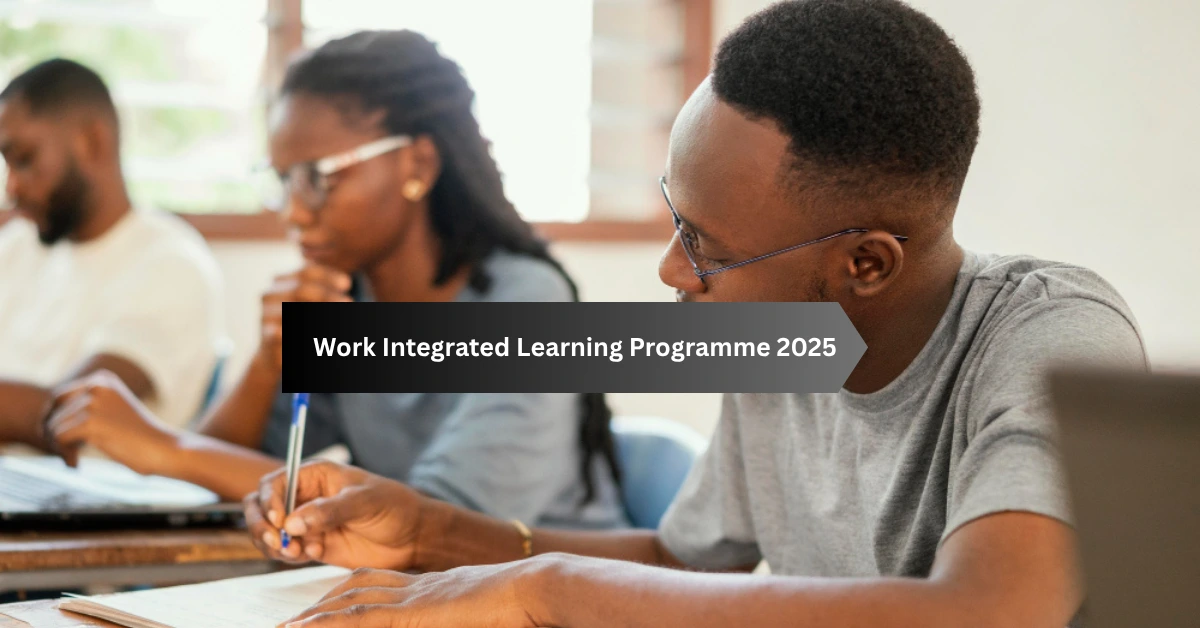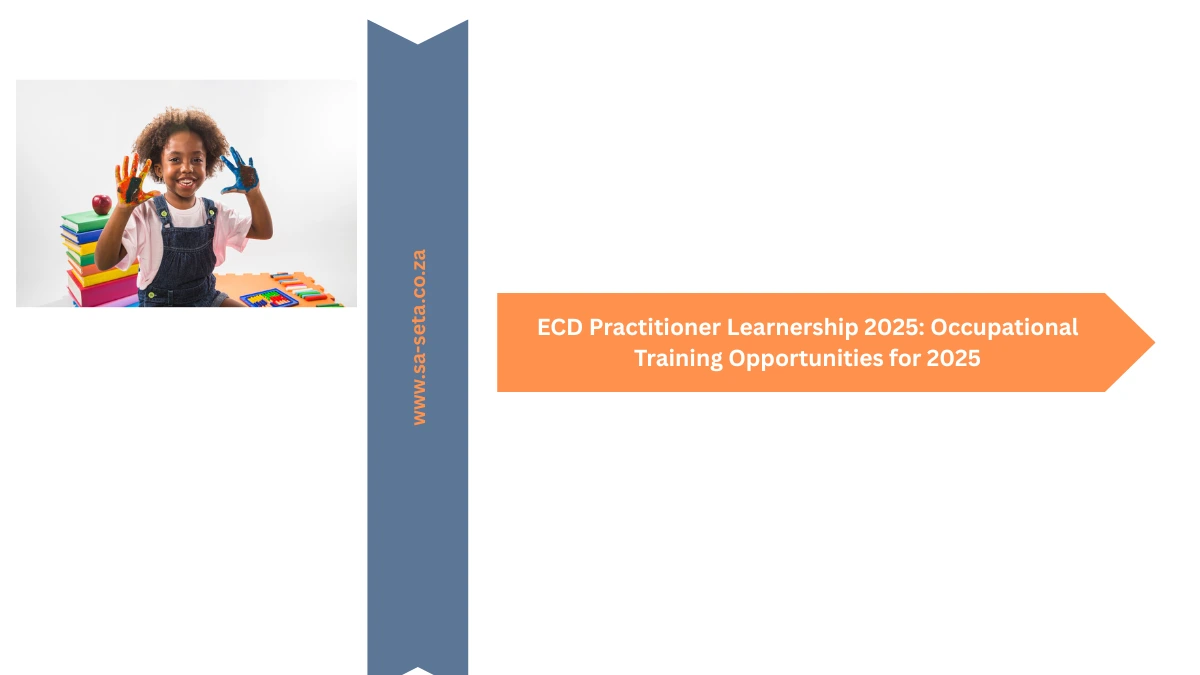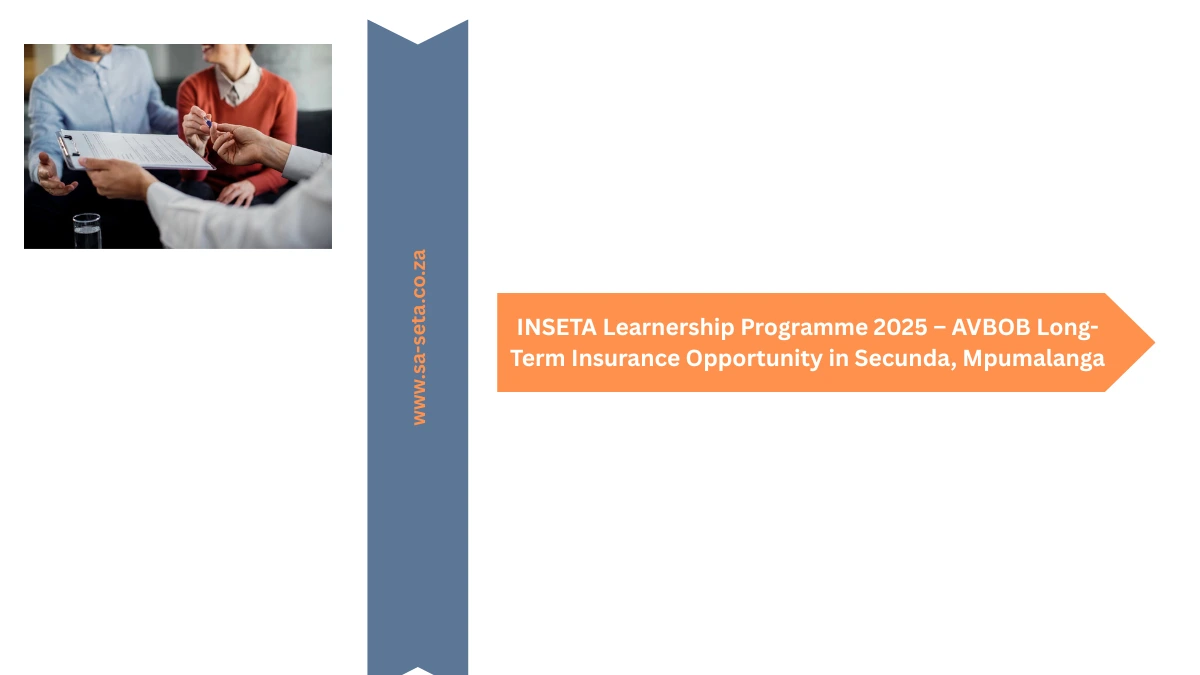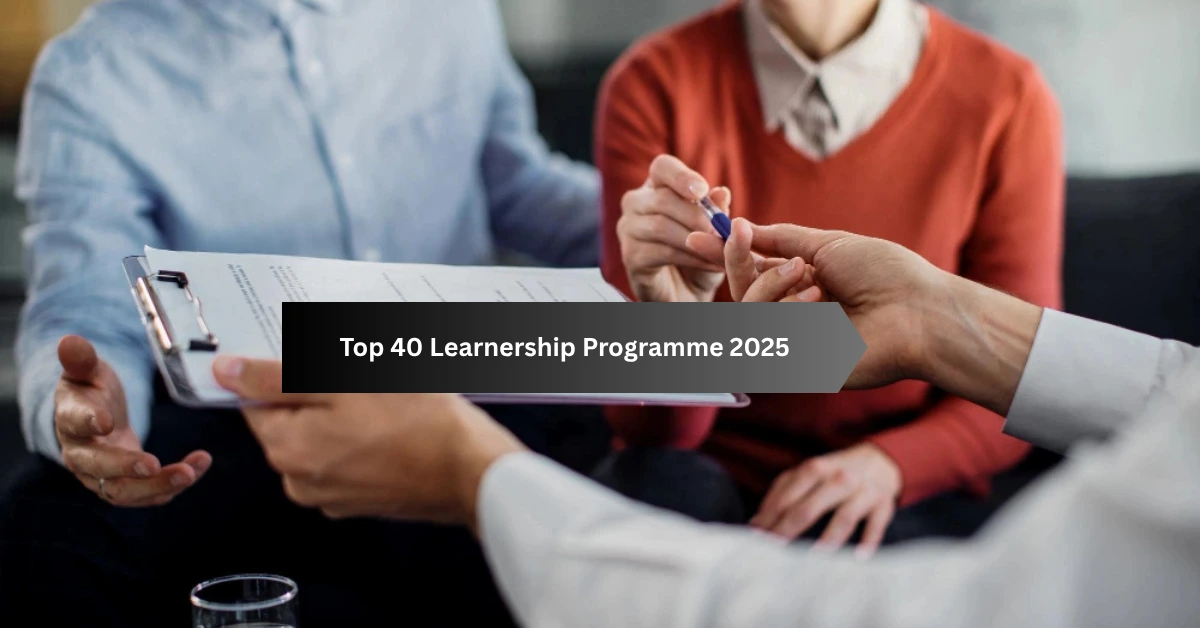Plastics Manufacturing Learnership Programme 2025: Your Pathway to a Successful Career in Plastics Industry
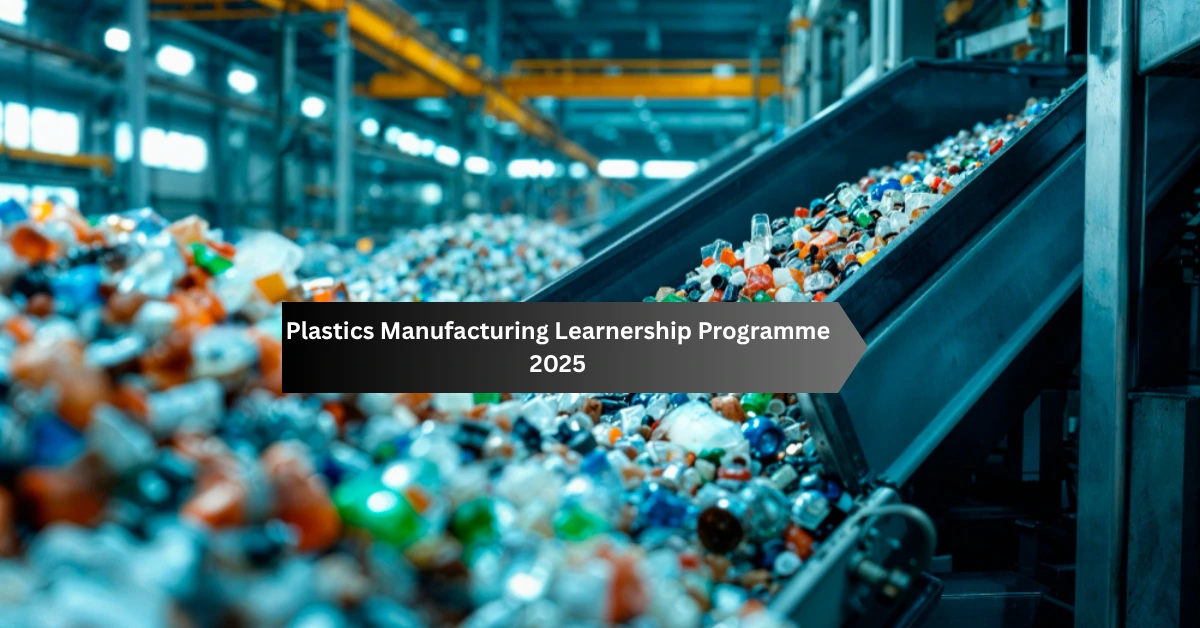
Plastics Manufacturing Learnership Programme 2025: Your Shot at Making It Big in Plastics
So—thinking about plastics manufacturing? Yeah, it sounds a little nerdy, but honestly, plastics are everywhere. Your soda bottle? Plastics. The bumper on your car? Plastics again. This industry isn’t going anywhere, and jobs are popping up like mushrooms after rain. But, getting your foot in the door can be tricky unless you’ve got the right skills. That’s where this learnership gig comes in. It’s the real deal: you get both classroom stuff and hands-on experience. Basically, you get to learn AND do, which is what employers are looking for anyway.
What’s Up With Plastics in 2025?
Alright, let’s talk shop. Plastics manufacturing is booming. Like, genuinely one of the fastest-growing sectors out there. Everyone’s buzzing about bioplastics (yeah, the eco-friendly ones made from plants or whatever) and recycling is finally getting the spotlight it deserves. Governments are cracking down on waste, so companies are scrambling for people who actually understand green materials and recycling tech.
What Do Employers Want? (Spoiler: More Than Just a Diploma)
Look, it’s not enough to just show up with your high school certificate. You gotta know your way around stuff like extrusion, injection molding, and making sure things actually pass quality checks. Soft skills? Super important too. If you can’t work with others, solve problems on the fly, or adapt when things go sideways, you’re not gonna last. Oh, and don’t sleep on industry certificates—they really do make your CV look shiny.
About the 2025 Learnership: What’s the Deal?
This isn’t some quick weekend crash course. We’re talking 12 to 24 months, mixing classroom learning with actual factory work. You’ll cover the basics—think machinery, processing, quality control. Whether you just graduated high school or you’re totally switching careers, this thing’s tailored for you.
Who Can Apply?
If you’ve got at least a Grade 12 (or equivalent) and you’re allowed to work in your country, you’re in the running. The paperwork’s pretty standard: CV, school transcripts, and a killer motivation letter. Just don’t blow the deadline—these apps usually open early in the year. Oh, and when you get to interviews, show some genuine interest in plastics. Don’t fake it; they’ll know.
Plastics Manufacturing Learnership Programme
Applying usually involves LearnEX:
- Filling out an application form online or physically
- Submitting your CV and academic records
- Writing a motivation letter explaining your interest
- Attending interviews or assessments
Check the specific requirements of each program and follow their submission guidelines.
Why Bother?
Honestly, the perks are solid. You get a certificate that actually means something, plus real-world experience (hello, factory floor). Lots of grads even score job offers straight from companies involved with the programme.
What Will You Actually Learn?
On the technical side, you’ll get your hands dirty with things like extrusion and injection molding. You’ll also figure out how to keep machines running smoothly and make sure products don’t end up as rejects. Quality checks are a big deal—nobody wants faulty stuff going out.
Soft skills aren’t just HR fluff, either. Safety’s huge, and you’ll get practice dealing with people, solving problems, and working as a team. You’ll also spend time at actual plants, shadowing pros and getting mentored. You might even have to tackle a project or two, just to prove you learned something.
How to Not Flop
Don’t walk in blind. Brush up on the basics—maybe mess around with a short internship if you can swing it. Read up on plastic products and the headaches manufacturers deal with. During the programme, don’t be a wallflower. Ask questions, talk to trainers, network like you mean it. Seriously, that’s how you land jobs later.
After You Finish
Once you’re done, you’ll be ready for entry-level jobs in plastics. These aren’t dead-end gigs either; you can climb the ladder or go back for more training. Join industry groups, hit up job boards, and keep learning.
Bottom line? If you want a shot at a solid career in a field that’s not going away anytime soon, this 2025 learnership is your ticket. You get skills, connections, and a fighting chance at a job that actually pays. Not too shabby, right?

